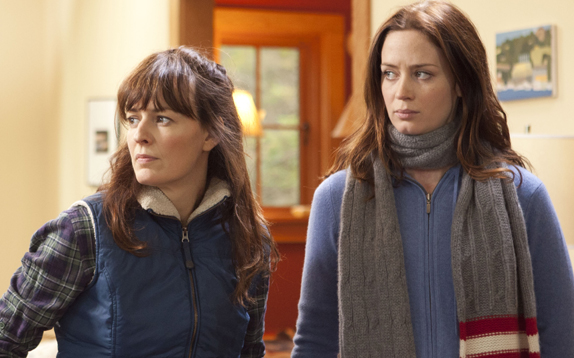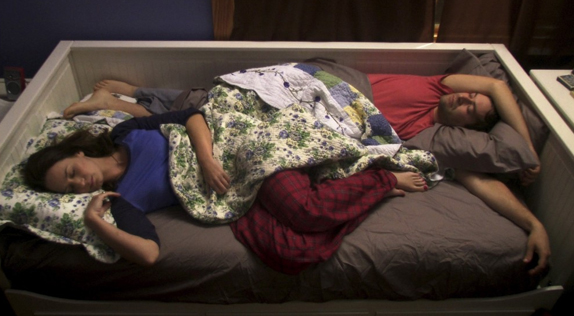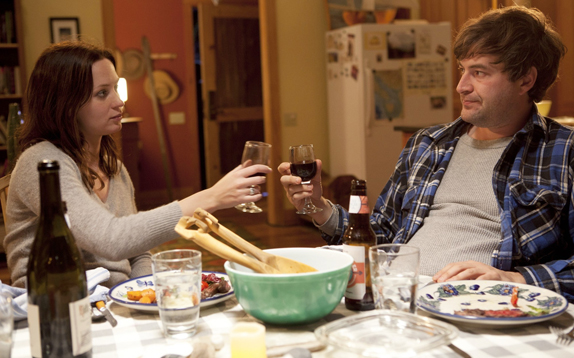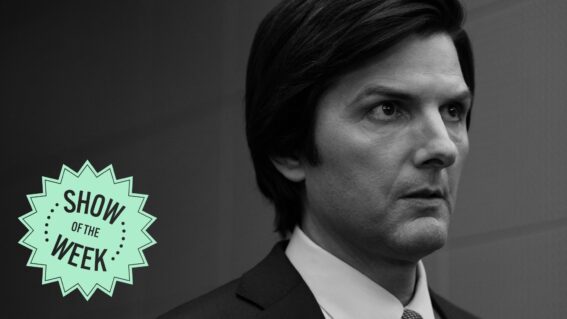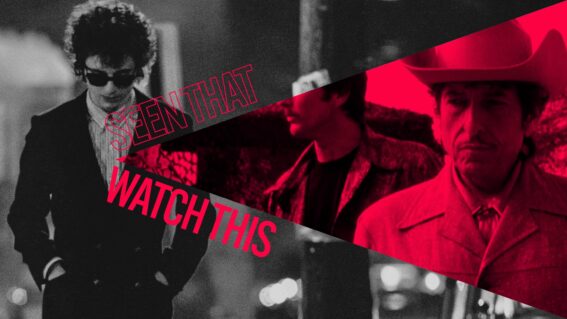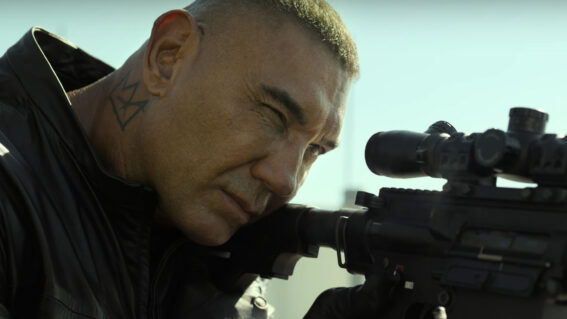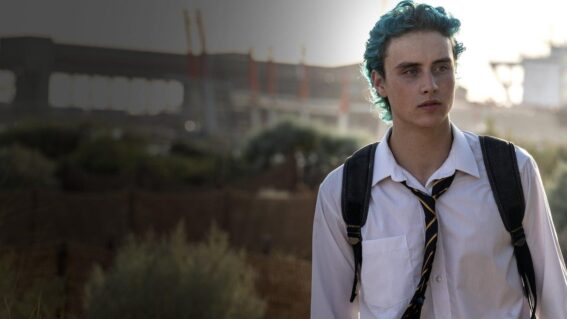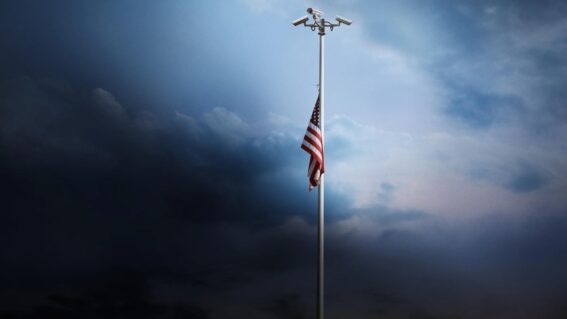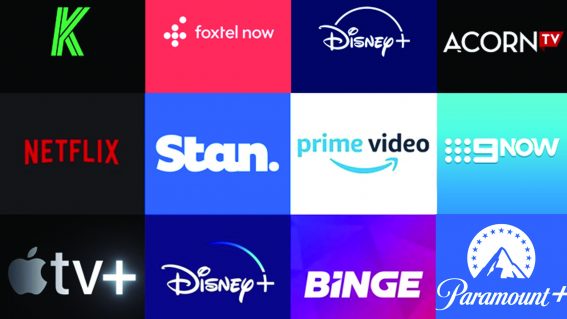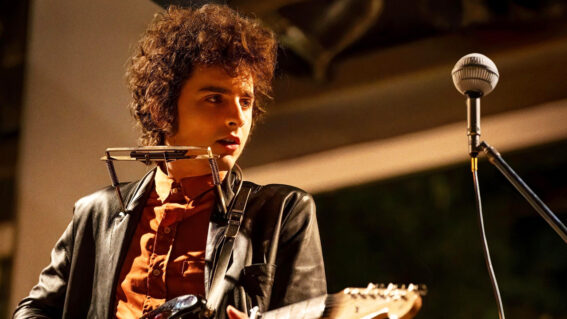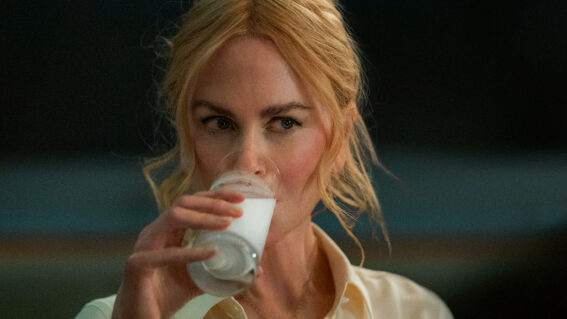Interview: Mark Duplass – ‘Your Sister’s Sister’
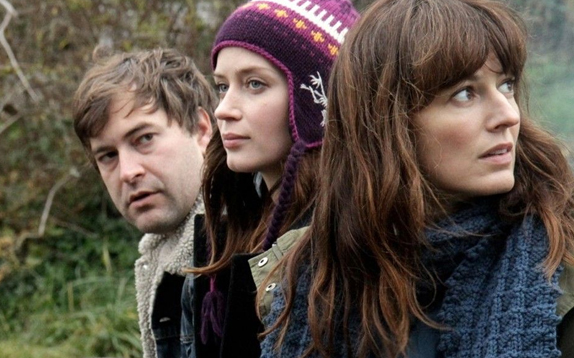
Lynn Shelton’s comedy-drama Your Sister’s Sister struck a chord with audiences at the NZ International Film Festival and is now getting rave reviews as it opens on a wider release – including a four star write-up from Flicks’ Dominic Corry. The film examines the criss-crossing relationships between a man (grieving over the loss of his brother), his best friend and best friend’s sister and stars Mark Duplass (Humpday), Emily Blunt (The Five-Year Engagement), and Rosemarie DeWitt (The Company Men). Dominic Corry had the opportunity to speak with Duplass this week and in this interview he sheds light onYour Sister’s Sister as well as his overall, highly prolific approach to filmmaking.
How did you first become involved with Your Sister’s Sister?
[Your Sister’s Sister director] Lynn [Shelton] and I made a movie together called Humpday a few years back. It was a similar sort of low-budget affair. It was just a really great creative fit. I had this idea for this movie about a guy who’s lost his brother and is best friends with a girl and isn’t doing well and he goes off to an island to stay at her family’s place. In my original version of the film he was going to get there and meet her mother and a weird triangle would happen. I pitched that to Lynn and she said ‘That’s great, let’s do it as sisters’ and I said ‘Sure’. So I actually brought the idea to her about six months before we started shooting. These movies are designed to be done cheaply and quickly and we pay for them ourselves so we don’t have to wait for the studio to give us a green light. We quickly pulled Emily [Blunt] into the process and it was one of those things where before we knew it we were on the island shooting.
You’re a writer/director, why didn’t you wanna make this film yourself? Was the plan always to get someone else to direct it?
Not always, but my brother and I have a list of a lot of movie ideas – probably about a hundred. We’re only gonna be able to make a certain amount, and those are obviously gonna be the ones that work best for me and Jay’s sensibilities. I think it would’ve been hard for us to find as much comedy as Lynn was able to do. Also this required a really strong understanding of the sisters’ relationship which we thought would suit a female director.
There’s such an easy, casual rapport between you and Emily Blunt in the film, did you know each other beforehand?
I didn’t know Emily at all. I think she’s very good at establishing chemistry. If you watch her films she’s very good at instantly feeling close with people. I saw her in this not-so-great Matt Damon movie. It’s not a good movie but their chemistry was fantastic. I attribute a lot of that to her.
You have a large background in improvisational filmmaking – did you have to guide co-stars Emily Blunt and Rosemarie DeWitt through those aspects of this film?
We made Humpday with a group of friends. With this movie we thought we’d do the same thing, but bring some movie stars in so that we can try and reach a larger audience and just get out there more with the movie. Our thought was that I would be inside of the scenes leading the charge with the improv because I had all the experience. But honestly, Emily and Rose were very natural and very good at it immediately so I didn’t really have to do that ringleader role at all.
But every now and then, because I had played the story out in my head and I am a writer, there were times when I would skew things a little bit here and there. Emily’s first film was called My Summer of Love. It’s a fantastic movie that came out in 2003 and that was improvised as well so she had some experience. And Rose is one of those people you meet who’s just amazing. She understands the human condition and was very interested in the process. Although she didn’t have any experience she was good at it because she was excited by it.
Rosemarie DeWitt is amazing in this film.
The role was originally supposed to be played by Rachel Weisz who had to drop out two days before the movie, so we brought Rose into the process with 48 hours notice.
How do the improvisational elements work on set? Do you workshop the dialogue in rehearsals?
We don’t do any rehearsals, but the scenes themselves are very highly structured. So we know what each character’s goals are in the scene and what the begininng, middle and end of that will look like. Certain scenes are more amorphous, other scenes are more heavily plotted. But all the dialogue in every single scene is improvised, and I think that helps to get a sense of spontaneity and naturalism.
Is the ultimate goal of this technique to create more believable relationships between the characters?
We shot the film in eleven days. We all stayed on the island together and lived in three or four houses and shot in those houses and ate in those houses together. And I think that does bleed into what you see on screen in the sense that it’s a small group of people getting together and trying to make something that feels organic that hopefully connects with something in real life.
When I interviewed John C. Reilly about your film Cyrus, he expressed considerable displeasure with the term ‘mumblecore’. How do you feel about that term being applied to your work?
I hate it, I full-on hate it! I think it’s reductive and I think it’s a little bit puerile and I think it’s a little perjorative too, to be honest. It implies that people are just mopey and talking and mumbling and boring. And that there’s no plot – I find my films to be heavily plotted. When you look at the plot of Your Sister’s Sister it’s like a soap opera crossed with a bed-switching Shakespearian comedy. These are not just Woody Allen rip-offs where people sit and talk.
What I would say is that I’m a part of a microbudget filmmaking movement. We like our movies to be cheap so you can be more daring and take more risks. They don’t have to make a lot of money to be viewed as successful. And so we get to keep making more movies. So that’s what we’re doing. The term ‘mumblecore’ is sucky.
Do you think the sensibilities of these kinds of movies are infiltrating the mainstream a bit?
It’s hard to say. I don’t think there’s any clear trajectory for microbudget cinema and the mainstream. Every now and then something pops out. What I am very excited about that I’m seeing a little bit more of is that filmmakers are becoming empowered by the nature of digital technology.
When we made our first little movie The Puffy Chair in 2005 it cost $15,000 – we couldn’t have done that in 1995, we would’ve had to shoot on film. So I don’t know if it’s gonna keep infiltrating the mainstream, but I’m seeing a lot more big movies stars in smaller films and it’s a cool melting pot.
Is it your goal to maintain a sense of independence in the films you make?
‘Independent’ is a tricky word. I’ve been on very low-budget sets that you think would be independent but are run by assholes and it feels like a shitty studio movie. Likewise I was on the set of [Oscar-winning The Hurt Locker director] Kathryn Bigelow’s new movie – a huge budget movie that felt like an independent film because she had control. So it’s really about the spirit of the film and the spirit of the filmmakers. Be it a $5 movie or a $500 million movie, I’m there.
Your TV show The League [Sunday nights on Four] is a mainstream show that has something of a loose Duplass-ian vibe to it – do you have any role behind the scenes on that show?
I don’t, actually. I’m literally just an actor on that show. But we are improvising, there’s no script and we shoot from outlines. So I think the way that the show is shot and the fact that we’re improvising shares some DNA with how I make movies.
To certain sections of the filmgoing audience you’re a superstar, but you’re not exactly a mainstream actor. Do you get recognised much?
It’s interesting. It depends where I am. When my wife and I are in airports together – we’re both on The League – we get recognised quite a bit. But around our neighbourhood we don’t feel it as much. I guess it kinda depends on what’s playing. This summer was a big summer for me in the States, I had a few movies coming out so I was quite visible. But I’m not anywhere near that place where it’s uncomfortable to go outside.
Do you see yourself continuing to bounce between writing and directing and acting?
I think so. And producing has become a big part of my life too through making a lot of these movies. What’s been happening lately for me is I’ve been working a lot as a writer inside of the Hollywood studio system where I’ll adapt books or I’ll do rewrites for people and I take that money and the money I make from The League and I go and make movies like Your Sister’s Sister and Safety Not Guaranteed and it’s really fulfilling. It’s almost this little Robin Hood-ing thing that happens. So that methodology right now I love. I love having one foot in the studio system and one foot in the indie world and it makes me feel vital.
Your Sister’s Sister is playing in theatres now. Click here for more info and session times.


